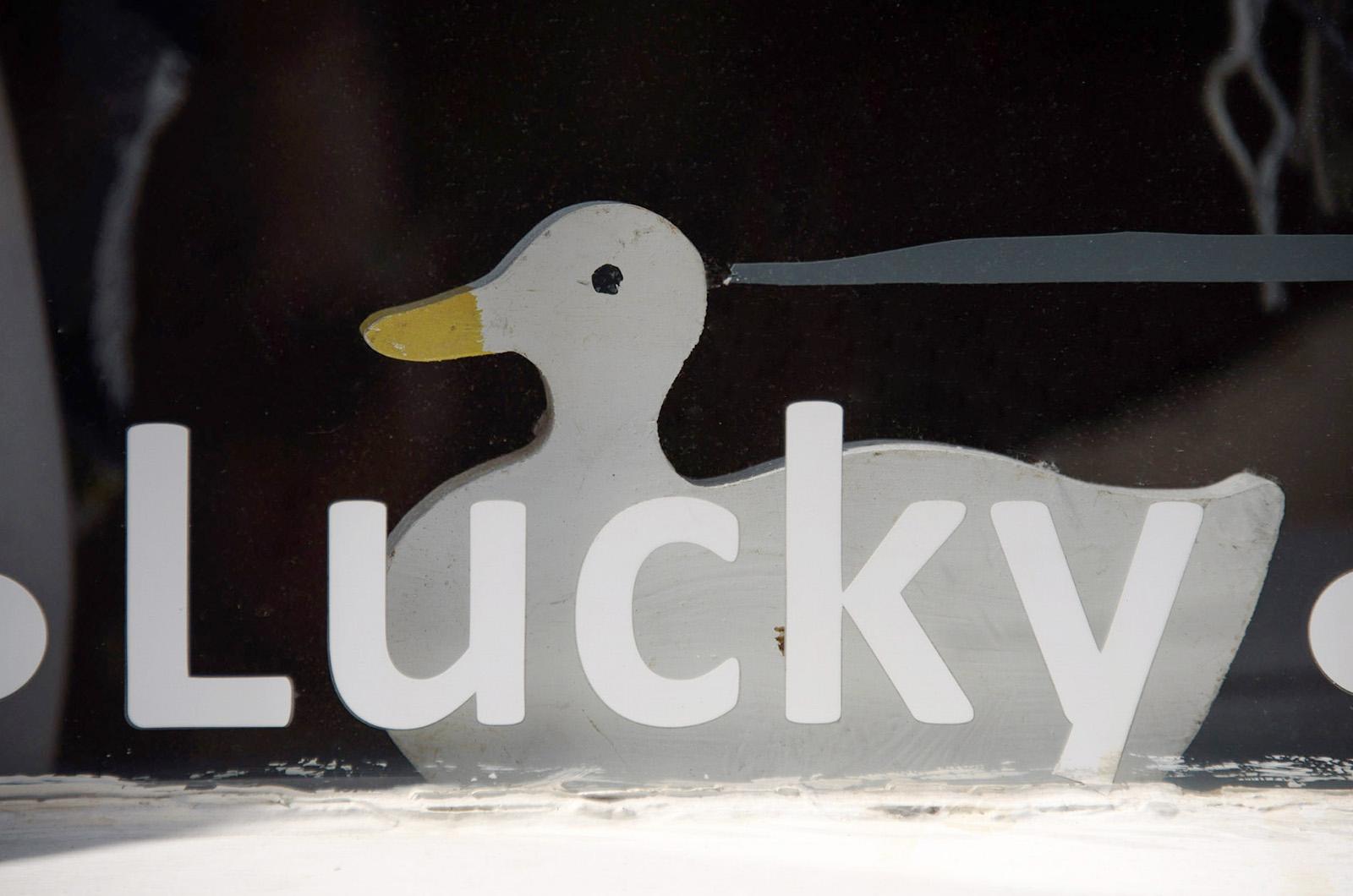These cold and sunless days of rain and intermittent drizzle have brought to mind the day I tried to rescue a white domestic duck on the Connecticut River near the Canadian border. The river ran near a sleepy kind of town and the library, which had been a part of the Underground Railroad, had an apartment in which I, the English teacher, lived.
It wasn’t clear how the duck escaped but there it was paddling along just before the dam and falls that landed 30 feet below. I got one of my students, Danny, to assist and we paddled out to rescue the duck in my sink-proof canoe. From Danny I learned that the duck belonged to a family who lived along the river and that she was the smallest of the brood and hence became known as Little Lilly.
At first Lilly wagged her tail and swam toward us perhaps thinking we were bringing food, but when Danny leaned over and attempted to grab her she paddled away in a higher gear and escaped. This rhythm continued, with Danny reaching for Lilly while I paddled the canoe against the never-ending current, which looked like a moving mirror trying to bring us closer and closer to the edge of the dam and over the falls.
But regardless of how fast I paddled, Lilly always managed to swim just beyond our reach, zig-zagging left and right as if we were playing some kind of duck tag.
Now, domestic ducks have in general a more varied personality than say your average chicken. If you have 20 ducks you probably won’t notice the differences but if you have only a handful of ducks, say, as pets you will discover a great variety in tail wags, curiosity, attentiveness, pitch of quack and even quacks of anger, happiness, danger and loneliness. Lilly displayed many of these traits, while remaining out of reach.
Meanwhile, it being a Saturday, many of the townspeople had gathered along the shore, shouting encouraging words to us. When it appeared that our efforts were futile they turned their appreciation to the duck. Their expressions were shouted in both in English and Quebecois, some even singing La Marseillaise. Canada lay just a few yards to the west, freedom for some, maybe, but Lilly had no interest in entering those dark and deep and dangerous woods which might hide foxes, coyotes, weasels, the occasional mountain lion as well as eagles, owls and hawks. No, for Lilly freedom meant paddling around the river.
After perhaps an hour we gave up and returned to shore. The townspeople gave us condolences and suggestions as to how we should have done things differently.
A few weeks later, as the river began to freeze over for the winter, I heard that Lilly had returned home on her own volition — back to the safety of the duck pen, the over-sized dog house that she shared with her siblings, meals on a regular basis and the warmth of the children who had missed her so much.
John Crelan lives in Oak Bluffs.




Comments (1)
Comments
Comment policy »